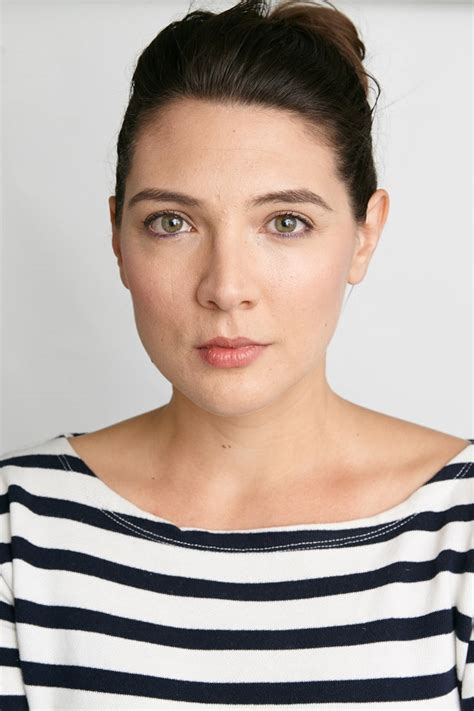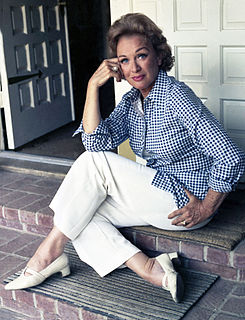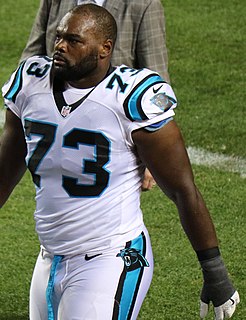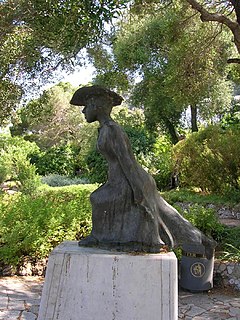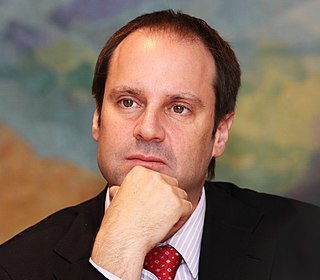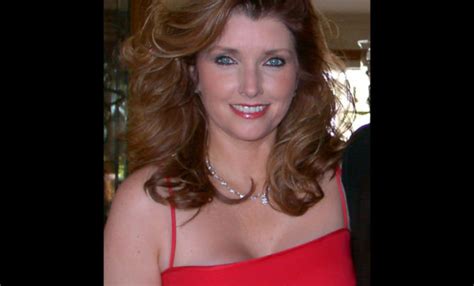A Quote by Taylor Jenkins Reid
I had moved across the country, taken internships, networked, worked long hours, and called in favors to get there. And I had done it. I was working in Hollywood. So imagine the melancholy I found myself in when I realized that I didn't love casting the way that I always thought I would.
Related Quotes
I've worked with a lot of great glamorous girls in movies and the theater. And I'll admit, I've often thought it would be wonderful to be a femme fatale. But then I'd always come back to thinking that if they only had what I've had - a family, real love, an anchor - they would have been so much happier during all the hours when the marquees and the floodlights are dark.
Do you suppose that I should have lived as long as I have if I had moved in the sphere of public life, and conducting myself in that sphere like an honorable man, had always upheld the cause of right, and conscientiously set this end above all other things? Not by a very long way, gentlemen; neither would any other man.
What was happening was only the working-out of a process that had started years ago. The first step had been a secret, involuntary thought, the second had been the opening of the diary. He had moved from thoughts to words, and now from words to actions. The last step was something that would happen in the Ministry of Love. He had accepted it. The end was contained in the beginning.
When I first moved to Hollywood from Silicon Valley, I had some misgivings. But I found that there were some advantages to being in Hollywood. And, in fact, some advantages to owning your own media company. And I also found that Hollywood and Silicon Valley have a lot more in common than I would have dreamed.
The scene I had just witnessed (a couple making love in the ocean) brought back a lot of memories – not of things I had done but of things I had failed to do, wasted hours and frustrated moments and opportunities forever lost because time had eaten so much of my life and I would never get it back. I envied Yeoman and felt sorry for myself at the same time, because I had seen him in a moment that made all my happiness seem dull.
I came from the time of so-called New Criticism - the poem in itself, the writing in itself - but around that time I had come across a critic called Kenneth Burke, who wrote a book called A Rhetoric of Motives, and it seemed to talk about another way, and gradually I realized that other way was that the reader made a difference.
